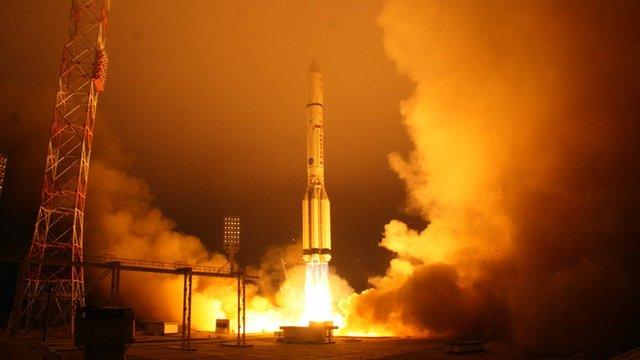Key Inmarsat rocket flight from Kazakhstan 'a success'
- Published
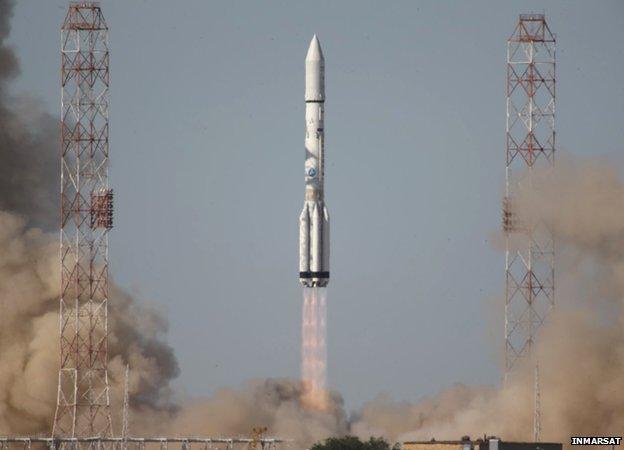
Lift-off for the Proton and its Inmarsat passenger
A rocket mission to put a new spacecraft in orbit for London-based Inmarsat has been declared a success.
The Russian Proton vehicle ejected the satellite high above Papua New Guinea in the early hours of Saturday (GMT).
The spacecraft is needed by Inmarsat to complete its new global telecommunications network.
This will offer customers substantially faster mobile broadband connections at a lower cost, and should come into service towards the end of the year.
"The launch is just the start of a quite lengthy process," explained Inmarsat CEO Rupert Pearce.
"We've got to test the new satellite's systems and sub-systems, and do the full integration with the other satellites in the network, and with the ground infrastructure. That's why it takes until the end of the year," he told BBC News.
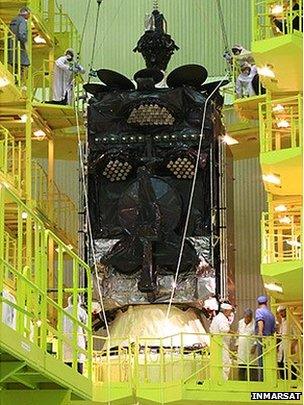
The mass of the satellite at launch is just over six tonnes
The new network, known as Global Xpress, is hugely important to the fortunes of company, which is fighting to maintain its dominance of the mobile satellite services market.
Its principal customers are found in the shipping sector, but Inmarsat also caters for any groups that need telecoms away from a fixed line.
These include oil and gas platforms, aeroplanes, military deployments, aid agencies in disaster areas, and even TV news crews reporting from trouble zones.
Recent times have seen some of these customers drift away to rival satellite systems that provide higher-bandwidth connections.
Global Xpress is Inmarsat's £1bn ($1.6bn) response - a constellation of three spacecraft relaying seamless communications around the world via the Ka-band of the electromagnetic spectrum.

Inmarsat provides connections in remote locations
"This is a massive deal for Inmarsat," observed Wei Li, who follows market trends for space consultancy Euroconsult.
"Inmarsat, as you know, has traditionally built its business around L-band. It's a great frequency; it's very reliable. But its bandwidth is limited, and in the last five years we've seen a lot of maritime, aeronautical, and even land mobile users switch from Inmarsat's L-band to competitors offering Ku or Ka-band.
"So, for Inmarsat, the Ka of Global Xpress is really important to help them maintain their market leader role."
The mission was also a big deal for Proton, which was making its first outing since the botched launch of a Mexican satellite in May.
The Proton left the launch pad at the Baikonur spaceport in Kazakhstan at 17:44 local time (12:44 BST) on Friday. It took fully 15 hours and 31 minutes for the vehicle to get the Inmarsat spacecraft into the right position.
It dropped it off into an elliptical orbit around the equator that brings the 6-tonne platform as close to Earth as 475km and as far out as 65,000km.
The satellite itself must now circularise this path and manoeuvre to a "stationary" orbital slot some 36,000km above the Pacific.
Rupert Pearce: "It's frustrating that we've been delayed more than a year"
Jonathan.Amos-INTERNET@bbc.co.uk, external and follow me on Twitter: @BBCAmos, external
- Published17 August 2015
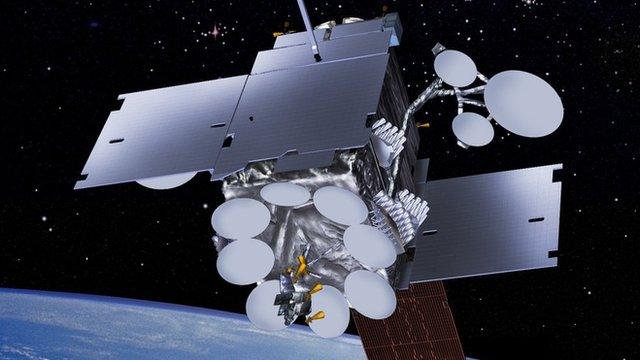
- Published18 May 2015

- Published16 May 2015
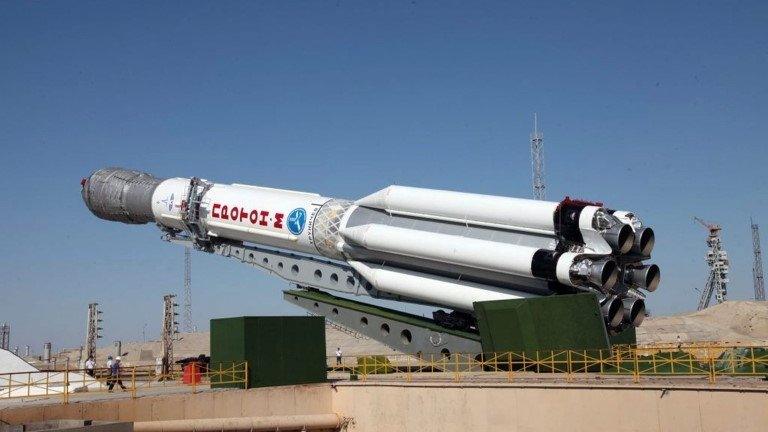
- Published2 February 2015
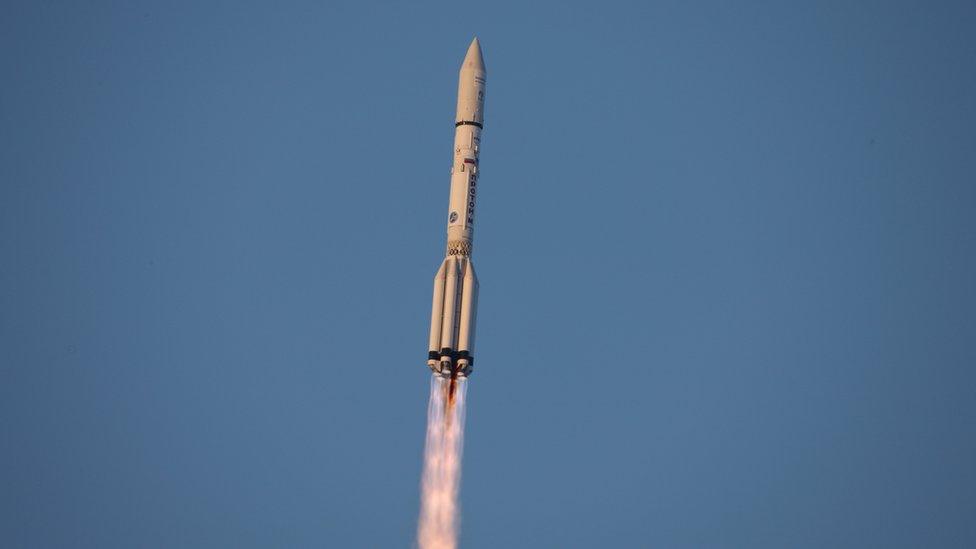
- Published9 December 2013
